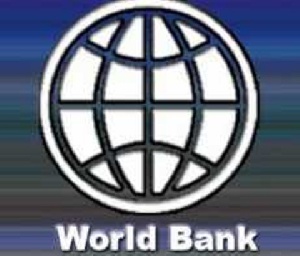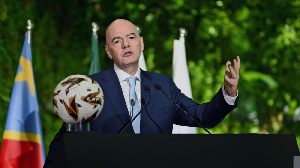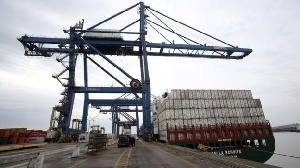The World Bank has noted that transparent and accountable government institutions are key in ending poverty especially in conflict-prone areas.
The Breton Woods institution in a report said: “bucking the overall trend of a global decrease in extreme poverty, these countries are seeing sharp increases, threatening decades of progress in the fight against poverty. Fragile and conflict-affected situations take a huge toll on human capital, creating vicious cycles that lower people’s lifetime productivity and earnings and reduce socioeconomic mobility. One in five people in these countries are deprived of money, education and basic infrastructure simultaneously. And the number of people living in close proximity to conflict has nearly doubled in the past 10 years.”
The report said in sub-Saharan Africa, the majority of the extreme poor live in fragile and conflict-affected countries, and fragility and conflict have a destabilising effect across borders.
In response, the World Bank has been scaling up its support to fragile, conflict and violent (FCV) countries in Africa through the International Development Association (IDA).
Over the past three years, IDA commitments to FCV countries in Africa nearly doubled from about $US6 billion in IDA17 to US$11billon so far in IDA18.
In the next three years, the World Bank will invest over $7 billion in the Sahel Region.
“Addressing humanitarian crises requires immediate support and long-term development approaches,” said World Bank Group President David Malpass. “To end extreme poverty and break the cycle of fragility, conflict, and violence, countries need to ensure access to basic services, transparent and accountable government institutions, and economic and social inclusion of the most marginalised communities. These kinds of investments go hand in hand with humanitarian aid.”
The World Bank Group now emphasises working before, during, and after crisis situations to tackle poverty.
It emphasises prevention by proactively addressing the root causes of conflict — such as social and economic exclusion, climate change and demographic shocks — before tensions turn into full-blown crises.
During active conflict, it focuses on building institutional resilience and preserving essential services like health and education for the most vulnerable communities.
The strategy also emphasises long-term support to help countries transition out of fragility, including private sector solutions, such as scaling-up investments in small and medium enterprises that are essential to create jobs and spur economic growth.
Business News of Saturday, 29 February 2020
Source: laudbusiness.com
Accountable government institutions key to end poverty – World Bank
Opinions












